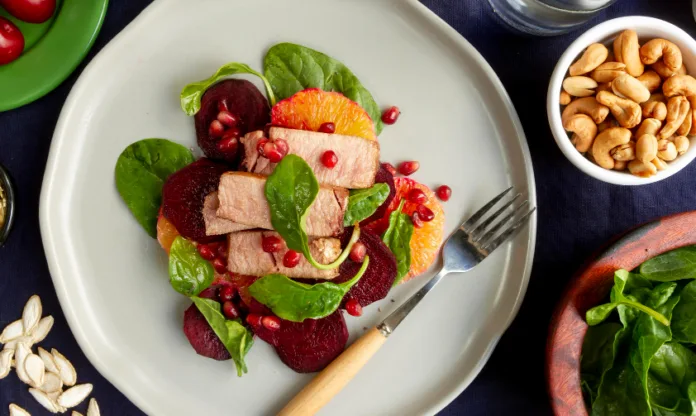Taking iron with tea, coffee, or dairy can block absorption—an expert advises switching to orange juice on an empty stomach instead
If you’re taking iron supplements with your morning coffee or tea, you might be cancelling out their benefits entirely. Gastroenterologist Dr Saurabh Sethi has warned against several common mistakes that can dramatically reduce the effectiveness of iron intake, potentially leaving users at risk of anaemia despite supplementing.
In a widely shared TikTok post, Dr Sethi explained that certain drinks and habits can severely hinder iron absorption in the body. “Coffee, tea, and dairy products interfere with iron uptake,” he said, stressing that iron should never be consumed alongside these. The compounds in these drinks—particularly tannins in tea and calcium in milk—bind to iron and prevent the body from absorbing it efficiently.
To maximise absorption, Dr Sethi recommends taking iron supplements on an empty stomach, ideally with a source of vitamin C such as orange juice. “Vitamin C enhances the bioavailability of iron, especially non-heme iron found in supplements,” he noted.
Another surprising tip from the doctor: skip the daily routine. Research suggests that taking iron every other day, not every day, can actually improve absorption rates while also reducing common gastrointestinal side effects like nausea and constipation.
Embed from Getty ImagesSo, how much iron should you be aiming for? According to NHS guidelines:
- Men aged 19+ require 8.7 mg per day.
- Women aged 19–49 need 14.8 mg daily due to menstruation-related losses.
- Women aged 50+ drop back to 8.7 mg—unless they continue menstruating, in which case the higher intake still applies.
Women with heavy periods are particularly susceptible to iron-deficiency anaemia and often require extra supplementation under medical guidance.
But while too little iron is a concern, taking too much can be dangerous. Doses above 20 mg can cause uncomfortable side effects, including constipation, stomach pain, and nausea. Excessively high doses are even more alarming: they can be fatal, especially if consumed by children.
Dr Sethi’s message is clear—iron can be highly beneficial, but only if taken correctly. Simple changes in timing, dosage frequency, and accompanying foods or drinks can make the difference between effective supplementation and wasted effort.
